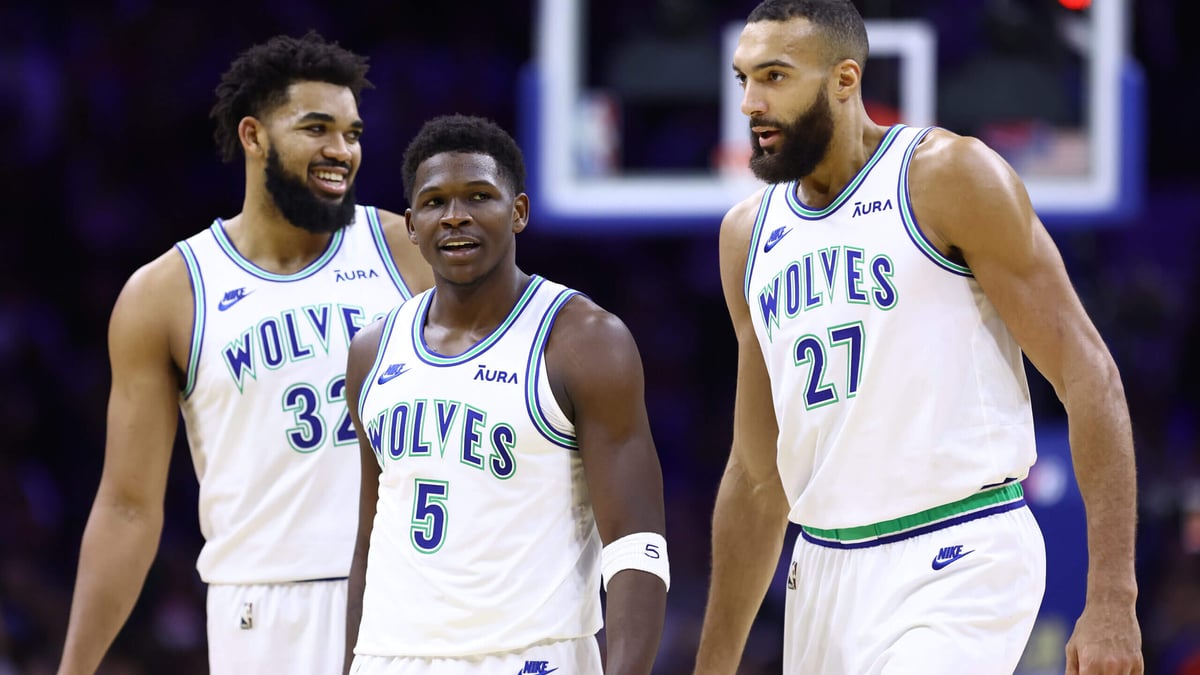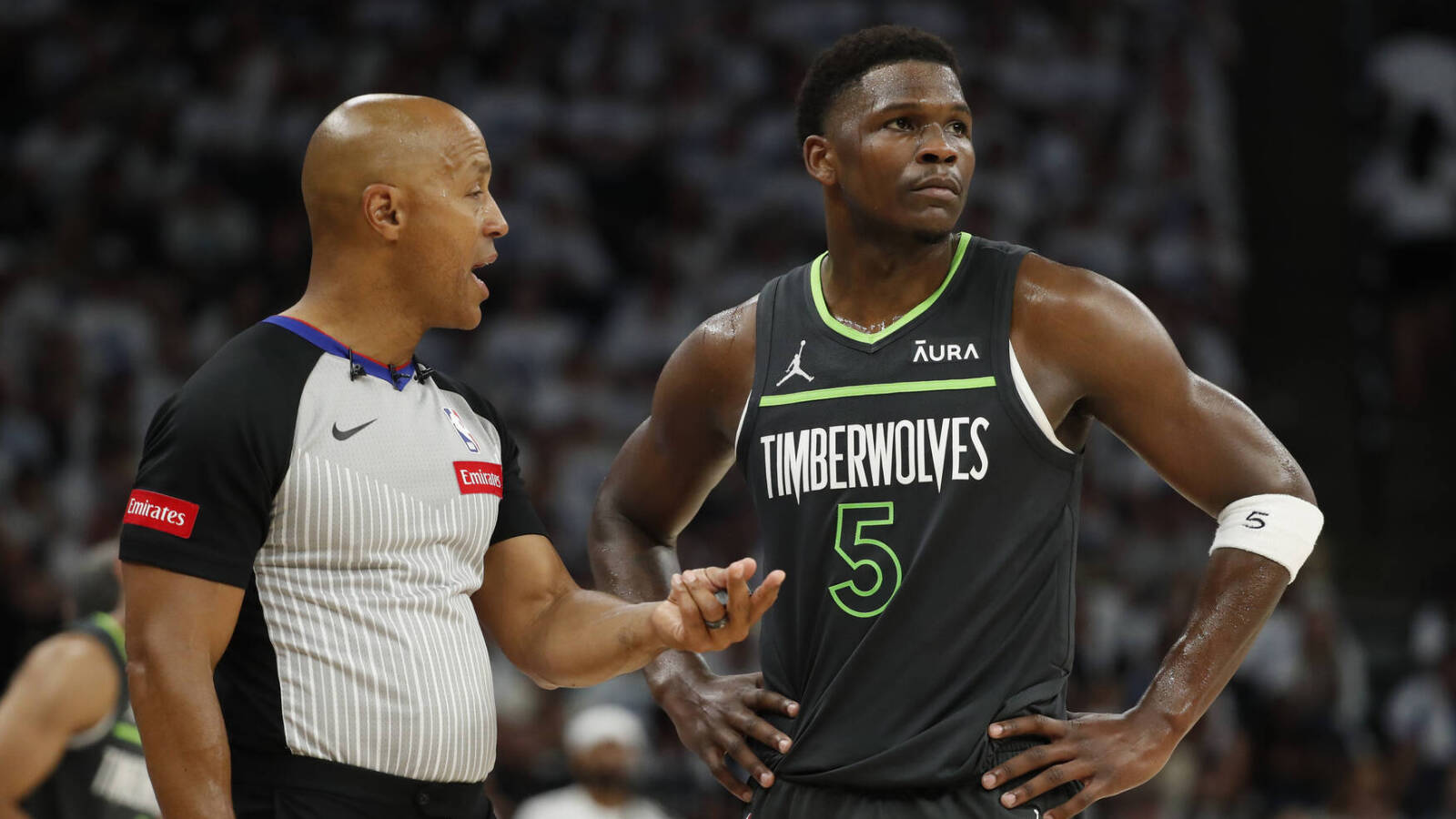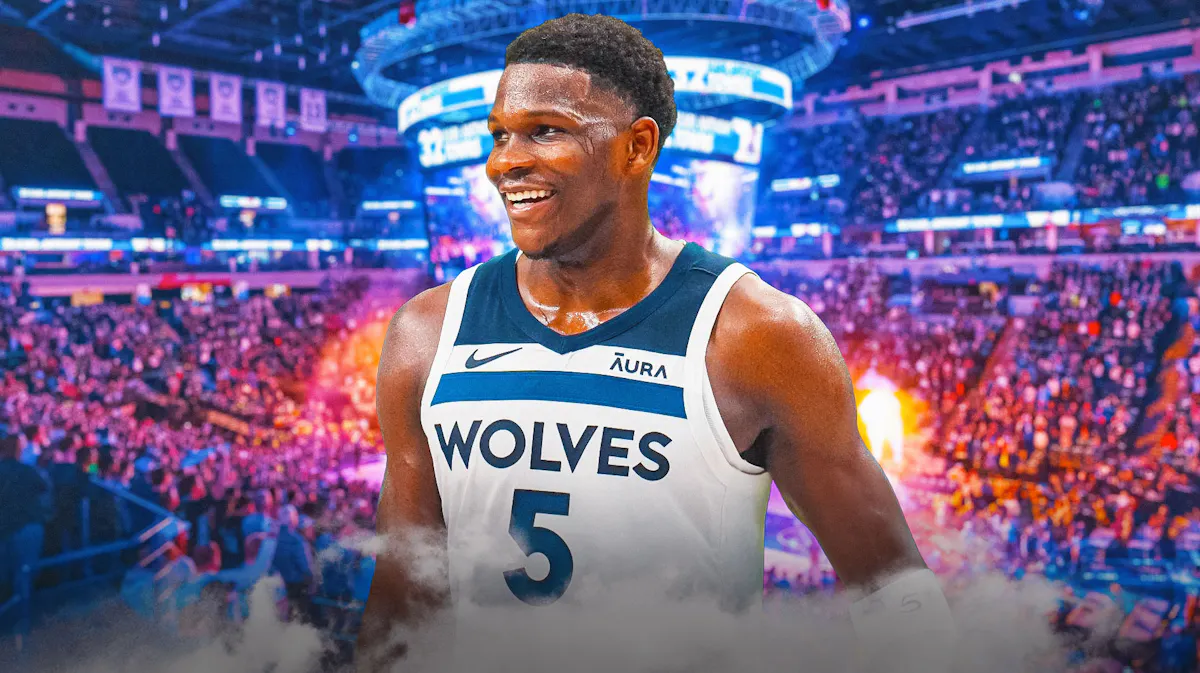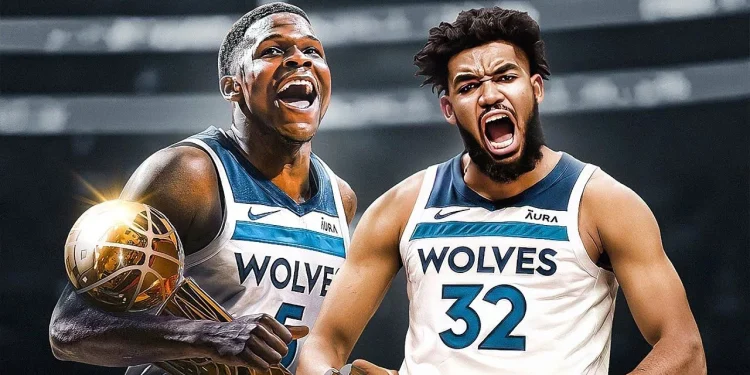The Minnesota Timberwolves’ recent journey in the NBA playoffs paints a picture of a team on the brink of greatness but tethered by financial constraints. Edwards, embodying the essence of a franchise leader, showcased skills that suggest his trajectory will only ascend in the coming years. Despite being outclassed by Luka Doncic and the Dallas Mavericks, the Timberwolves’ season was a significant milestone.

The Salary Cap Dilemma: Luxury Taxes and Hard Decisions
Financially, the Timberwolves are at a crossroads. With nearly $200 million committed in salaries for the 2024-25 season, they are among the top spenders in the league, alongside teams like the Phoenix Suns and Denver Nuggets. This hefty financial commitment places them under the luxury tax’s second apron, a situation that complicates roster flexibility and strategic planning.
The real quandary lies in the composition of this roster. While Edwards shines as the cornerstone, the effectiveness of his supporting cast, in terms of championship aspirations, remains in question.

The high salaries of players like Karl-Anthony Towns and Rudy Gobert do not necessarily guarantee a corresponding level of playoff success.
Trading such high-value contracts, especially under the constraints of the Collective Bargaining Agreement (CBA), presents its own set of challenges. Bobby Marks explains the difficulty: “Trading the $221 million owed to Towns, for example, is extremely difficult under the current CBA. His $49.4 million salary next season is one of the largest in the NBA and would trigger the first apron hard cap for teams looking to acquire the forward.”
Minnesota Timberwolves Future Filled with Tough Choices
The looming repeater-tax penalty, which is expected to exceed $75 million, only adds to the Timberwolves’ woes. The franchise faces a critical decision: continue to invest heavily in the hopes of building a championship-contending team, or make difficult financial cuts that could potentially set back their progress.

The question remains, are the Timberwolves, as they are currently constructed, capable of clinching an NBA title, especially in a competitive Western Conference? The answer hinges on their ability to maneuver through financial hurdles while maintaining a competitive team around Edwards. The challenge for Timberwolves management is to strike a balance between fiscal responsibility and the pursuit of an NBA championship—a task easier said than done.
As the team contemplates its next moves, the broader implications for the franchise’s future are clear. Will the Timberwolves’ ownership continue to back this expensive roster, or will financial pragmatism prevail? Only time will tell, but one thing is certain—the decisions made this offseason will have a lasting impact on the team’s trajectory in the years to come.
Source- Yardbarker









